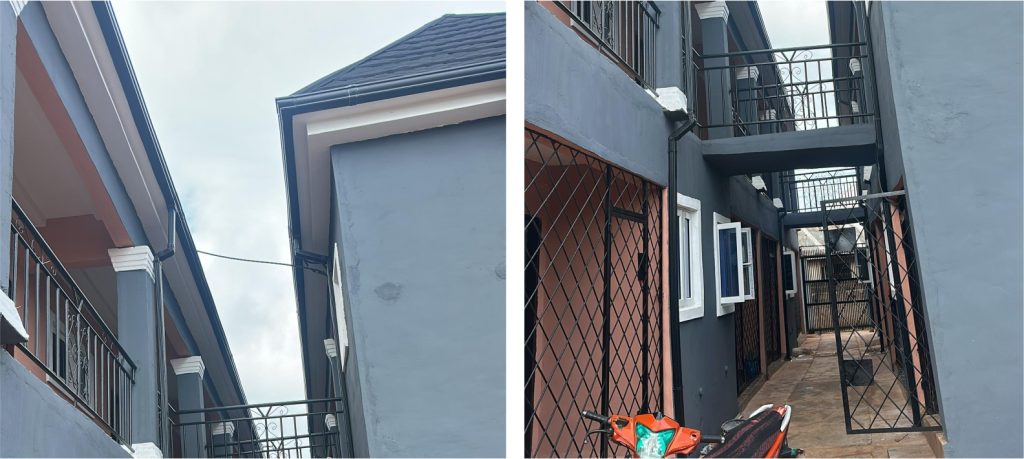By Ajirioghene Jacob
Residents of Ika Nation have raised concerns over the skyrocketing cost of rent in the area, with bedsitters now going for between ₦250,000 and ₦500,000, while standard flats range from ₦500,000 to ₦1,000,000 per annum. This sharp rise has been described by many as outrageous and unsustainable.
While some residents blame the hike on the perceived insensitivity of landlords and landladies, others attribute it to the rising cost of building materials, increasing demand, and general inflation. They argue that the surge in rent is beyond anyone’s control, and house owners are only trying to recoup their investments.
Some, however, specifically cite the establishment of the University of Delta, Agbor, as a major factor fueling the demand for accommodation. They accused landlords of exploiting the situation, with even owners of decades-old buildings joining the trend and charging the same rates as newly constructed homes — a situation many residents described as “outright wickedness.”
An investigation by Ika Mirror Newspaper revealed the plight of tenants who struggle to meet rental obligations amidst other financial burdens such as feeding, transportation, and children’s school fees.
Speaking anonymously, a local fashion designer said, “It’s not easy for me to meet up with my personal needs because all the money I make from my business goes into paying rent and feeding. I’m just managing to survive, and I can barely save anything.”
She appealed to the government at all levels to intervene urgently: “This continuous surge will only push young girls into prostitution and our boys into crime as they struggle to meet up with societal expectations. If nothing is done, insecurity will become the norm.”
In a similar vein, a laundry business owner who identified himself simply as Joshua said the rent increase has severely impacted his livelihood.
“Last year, I paid ₦360,000 for my rent. This year, my landlord raised it to ₦500,000 and gave me just two weeks’ notice before the due date,” he lamented.
He expressed frustration over the lack of empathy from some property owners: “Even those with very old buildings still blame inflation and the cost of building materials to justify their hikes. It’s unfair.”
Joshua acknowledged that the surge in housing demand, particularly since the university’s opening, is a real factor. He however, cautioned against unchecked rent increases: “While some landlords may be enjoying this trend now, it’s a ticking time bomb. When frustrated youths turn to crime to cope, we’ll all pay the price.”
When asked how he manages to stay afloat, Joshua said, “As a man, you can’t rely on just one source of income. I run my laundry business, work with an NGO, and do some online trading. It’s not easy, but it keeps me from getting involved in illegal stuff.”
He also encouraged others to seek legitimate ways to survive and appealed to the government to take decisive action to regulate housing costs.
In defense of property owners, a builder who gave his name as Odozi Agala explained: “Have you seen the price of cement, rods, sand, and other building materials lately? It’s nearly impossible to construct a house at today’s rates and still charge tenants low rent. The cost must be proportionate.”
He added that the high inflation rate is a shared problem: “The value of ₦100,000 a few years ago is now the equivalent of nearly ₦1 million. Both landlords and the government have roles to play. When government policies bring down inflation and material costs, rent will naturally follow.”


